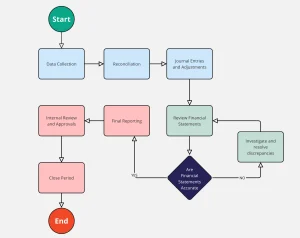
A tax is a cost imposed by a government on goods and services. Depending on the type, the tax is intended to cover societal costs. The cost of taxes varies by country and may be proportional to the value of the good or service. Regardless of the purpose of the tax, it is a major demand on the resources of a country. However, a person can pay more in taxes than he earns and this should be carefully considered.
The financial transaction tax is a new tax on stock trading. While the proposed tax is intended to discourage unproductive high-frequency trading, some critics contend that it will harm savers, reduce economic growth, and fail to generate the revenue promised. In addition, the recent coronavirus and stock market volatility have doubled the volume of daily stock trading. The Congressional Budget Office has estimated that a 0.1% FTT will generate $777 billion over the next decade.
The financial transaction tax is designed to curb high-frequency, unproductive trading. Many critics argue that the tax will hurt savers, reduce economic growth, and fail to generate the promised revenue. But recent stock market volatility and the coronavirus have doubled the volume of daily stock trading, and new investors are jumping in. But because stock gains are taxable, many are worried that the tax will be ineffective. Fortunately, the Congressional Budget Office estimates that a 0.1% financial transaction fee will generate $777 billion over ten years.
Another type of capital gains is taxable. These gains are divided into short-term and long-term capital gains, depending on how long the investor has held the shares. If a taxpayer has held shares for more than one year, the gain will be considered as long-term, while shares held for less than a year are considered short-term. The AO will take the taxpayer’s position if it agrees with it. The AO will not consider short-term or long-term gains unless the taxpayer sells the shares in the past two years.
While a long-term capital gain is tax-free, a short-term capital gain is taxed at fifteen percent. This means that income from stocks will be considered a business expense. If a shareholder sells his shares during the year, it can be treated as an investment portfolio. It can be a stock-in-trade. A long-term equity holding will be taxed at the same time. In this way, the capital gains are deductible.
Large businesses are liable for compliance costs. These costs include labor costs, and the taxation industry is no exception. In some countries, a government may need to levy a higher tax rate than the amount of profits that it generates. The government will pay its workers more than they make by collecting the tax. The IRS will not charge this high-frequency trades, but the high-frequency trading tax will discourage them. It is important to remember that a taxpayer’s profit will always be smaller than the revenue generated by the taxes.




